In the five years that Bob Rae has served as Canada’s ambassador to the United Nations, he’s seen the global order face immense disruption. Yet he’s found himself drawn back repeatedly to a book written decades ago: George Orwell’s 1984.
“Orwell is the single best guide to what’s going on in the world today,” Rae tells POLITICO Magazine from New York, where he’ll be stepping down from the diplomatic post next month.
“But I always remind people that 1984 is not a guidebook. It’s a warning. And I think we should now be fully warned as to some of the risks that we face in today’s world.”
At 77, Rae plans on staying active in public life, and says he may have more to say now that he’s soon to be unshackled from the niceties of diplomacy. It’s a world that Rae grew up in as the son of long-time Canadian diplomat Saul Rae, who brought his family along to postings in Geneva and New York.
Rae went on to become a lawyer, a premier of Canada’s most populus province, Ontario, and an interim leader of the federal Liberal Party during its darkest days in the political wilderness. Later he would become known as a voice for the oppressed Rohingya Muslims of Myanmar as Canada’s special envoy. As UN ambassador, Rae has not shied away from blunt talk or sharp words.
In our own interview, he lamented the rise of nationalism and populism across the world but also expressed optimism for democracy’s future as well as a resolution to the tariff drama consuming the U.S.-Canada relationship.
And the United States’ turn inward may not be all bad, he noted: “When America creates a situation of making it difficult for people with advanced degrees to stay in the United States, I think that’s an opportunity for Canada.”
This conversation has been edited for length and clarity.
When you first started as ambassador to the UN in October 2020, you told me, “Being a diplomat doesn't mean you have nothing to say.” So I'm wondering, what’s on your mind today and what would you like to say to your successor as you prepare to leave?
It's been an incredibly active time, starting with coming in the middle of the Covid epidemic. And I think the pandemic — far more than we realized — was a blow to the global economy and also a blow to global solidarity. There was a powerful sense in the developing countries that they did not have access to the same amounts of money, obviously, in terms of dealing with Covid, but more importantly, did not have access to the vaccine to the same extent that wealthier countries did. And among the wealthier countries, there was the inevitable reaction of elected governments to say, “We have an obligation to get our own people vaccinated first” and frankly, sometimes second and third, before there were real major breakthroughs.
It created a sense of a chasm between the wealthier countries and the poor countries.
Then, of course, we have the collapse in Afghanistan, which gave rise to a huge humanitarian crisis, and then quickly followed on a few months later by the Russian invasion of Ukraine, and then the Gaza crisis, and then many other crises that we've seen.
We're in a period of great global disruption. You're a student of history; your father was a diplomat. How do you put that in perspective in this moment in time?
The Cold War had its own unique set of anxieties, setting in as it did right after the end of the Second World War. I think the challenge that we're facing is one of a number of divides that we see, a couple of which I've described, but there's now what we call the digital divide, where there are many countries that have tremendous access to technology and to AI and to the new world we're in.
We've also seen enormous concentrations of wealth. The number of billionaires is exploding. The gap between the global corporate community and everybody else is growing, and that is very troublesome. And I think the growth of autocracy, and in particular, the rise of nationalism and populism, and a number of countries that are actively pulling away from any kind of global consensus on a number of issues is very troubling.
I spent most of my time here under the Biden presidency, which was not full-throated in its international commitments, but was nevertheless engaged. Their ambassador here became a very good friend of mine, and we did a lot of things together. We worked on a lot of projects together that was sometimes behind the scenes, sometimes publicly.
Obviously, the election of President Trump and the initiation of tariffs on countries around the world, and breaking away from a number of international institutions, that is creating a unique set of challenges.
How do you characterize the impact of the new U.S. administration on this disruption? How big of a role are they playing?
I think the impact of the collapse of USAID and a real, serious disruption in the delivery of global aid and assistance around the world has had a very profound effect on human life in a number of countries. What the Americans come back with? There will be an effort to really see how they want to re-engage on their own terms. It will be interesting and important for us to engage.
The Americans are not the only ones who pulled back on development assistance. They are the initiators of the great disruption on tariffs, which has definitely slowed the global economy and created a lot of negative impacts from the point of view of global growth.
What did you think of what President Trump had to say the other day at the UN?
I think the president's approach was really just a repeat or a reaffirmation of the overall approaches that he's been taking ever since he took office, and indeed, long before he took office. It's very clear that he has a view about migration. I can understand being concerned about the speed with which people are moving around and the unpredictability of it if you don't protect your borders. I think everybody understands that, but that's why you need to have orderly migration.
The president's tone, I wouldn't say everybody’s gotten used to, but I think it's something that we realize is that's just how he converses. The thing we've all learned is try to react to the substance of what's being said, rather than the way it's being said.
I think one also has to look at the opportunities that arise when America pulls out of a situation. When America creates a situation of making it difficult for people with advanced degrees to stay in the United States, I think that's an opportunity for Canada. The whole research and development side of our approach to things can find a point of entry there with a number of folks who would appear now not to be welcome in the United States.
How do you assess the impact on the world health situation? We've seen what the MAHA movement is doing. Is there cause for alarm in Canada? How worried are you about the next big pandemic and the world's ability to cope with it?
We have got a pandemic treaty negotiated. Countries are signing up to that. I think the World Health Organization itself, I spent some time there talking about these issues with [WHO chief] Dr. Tedros in the spring during my time as president of ECOSOC [UN Economic and Social Council], and his attitude is very sensible.
I think the turn away from respect for science, respect for research, is deeply troubling. I think that their policies on things like vaccines are, unfortunately, a reflection of some things that have happened in public opinion. No question that the sustained attack on science and the amount of disinformation out there is changing public attitudes. That's not good.
We have to continue our own engagement with public opinion all the time and talk about why it's important to continue to put some trust in into public health measures that have proven to be, over time, enormously successful in reducing things like childhood mortality and the impact of certain illnesses with diseases which have historically been terrible killers.
It's a tough situation, but I think Canada can play an important role in really trying to emphasize, together with a number of other countries and a number of other institutions, this attack on science and the attack on research that we've seen coming out of the United States and some other places.
Is it rooted in how we behaved during the pandemic? When you alluded to countries just taking care of their own, these inequities that have been created, has it created sort of a new truth?
The amount of disinformation on the internet and social media plays a very strong role. We're living in a period of time in history where people have more access to information than ever before. They also have more access to hatred, to misinformation, disinformation, propaganda, and that's being expanded a million-fold by artificial intelligence.
But again, where I think we can take advantage of the situation is we've got great universities. We've got great commitments, great trust in our institutions compared to most other countries in the world. We just have to keep on investing in them, and keep on investing in what can be, what can come out of that. And I think that will stand us in enormously good stead in the global economy and global politics into the future.
Have you read any bits and pieces of 1984 lately?
Oh, yes. I read it regularly. It's a very good guide. Orwell is the single best guide to what's going on in the world today.
Give us your latest take on the relevance of 1984?
One is, I think Orwell understood at the end of the Second World War, there was a tendency to go to big blocs of power, and a tendency for people to see the world in terms of spheres of influence, and that each bloc would see itself as being responsible for their corner of the world. I think that's certainly President Xi's view.
And similarly on Taiwan, they [China] take the view that nobody else has the right to express a view as to what's going to happen. And we can see that worldview is expanding, as it did with the expansion of Imperial Japan and other countries in the 1920s and 30s.
The other thing I think that Orwell understood very well was what it meant to be living in a world of deep repression and fear and misinformation and propaganda, how those things could come together to consolidate power in what he saw as totalitarian entities.
But I always remind people that 1984 is not a guidebook. It's a warning. And I think we should now be fully warned as to some of the risks that we face in today's world. We see it in every corner of the globe.
What gives you hope for the future?
I do think people have determination. I see tremendous opportunities working with younger people, and I'm hoping to do some of that in my next gig, which is only now taking shape. I haven't made decisions yet. I do want to do some stuff in education, and I also want to get back to doing some more public speaking about what I see going on in the world and where I can be helpful in some of the crises that I'm very familiar with, and try to play a role in that as a private citizen. But I'm very much looking forward to being no longer Premier Bob or Ambassador Bob. I just want to be Citizen Bob, and I'm very happy to contribute in that way.
You're residing in a country that now has a Department of War, just like in 1984. What do you think of that?
Well, the Ministry of War. I don't know if there's a Ministry of Truth, but Truth Social is certainly playing a role in all of our lives. Yeah, these are challenging times.
Do you worry about the future of the United States?
I have great faith in the people of the United States. I do believe that people can learn, people can change, people can see opportunities. And I think it's very important for people not to get discouraged about any part of the world or any country. We're going through a difficult moment, but I think we all have to have a feeling that we can come through this wiser and stronger. And this is not based on naive, kind of happy-go-lucky. It's really based on the premise that if you want to make a contribution, you can't just look at the dark side. You have to say: Where can we go through? How can we help make things get better?
Do you see democracy surviving?
Yeah, absolutely.
Why?
I do think that the strength of the democratic ideal is that it's, as Churchill said, it's the worst system of government except for all the alternatives. Unfortunately, we're seeing a lot of the alternatives out there, and democracy is better every way when it's properly done. It's a wonderful thing, but we have to deal with how corruption, autocracy, propaganda, seeking power for its own sake, using hatred as a method of communication, all these things have been allowed to take over in a lot of parts of the world. We constantly have to fight back against that.
How do you think it'll go with Canada and the U.S. on the tariffs? You're still on the inside, and there's only so much you can say, but what's your takeaway for Canadians?
I firmly believe that reason should prevail, and I think it will prevail because it's not in anyone's long-term interest or even medium-term interest to ignore the benefits from having strong relationships that are based on rational economics. Tariffs are not a great solution, the way they're being put in place. And generally speaking, they reduce the amount of economic activity, and they create more inflation, and I don't think that's in anybody's interest.
When I was a lawyer working with some people in business and in other forms of activity, the wisest people in there knew that a negotiation that's only based on some kind of short-term transactional advantage doesn't build any lasting relationships and doesn't do anybody well in the longer term. We have to keep reinforcing the logic. There is a logic to a stronger, more open and rules-based relationship between countries that trade.
We heard a statistic from the head of the WTO that 72 percent of the trade in the world is still governed by some kind of trading agreement. And I think that speaks to the strengths of the global economy.
Are we in a place where the American consumer, or the average American, needs to feel more economic pain to get progress on this?
I don't think Canada wants to inflict pain on anybody economically. I think we're trying to find a way to convince everybody that we need to look at what is mutually advantageous.
You've had a couple of memorable exchanges over the years. Is there one in particular that you feel like you really said something that was maybe not diplomatic but needed to be said?
One of the first exchanges I had was with China and the Syrian government at the time, who were criticizing us for saying that there were things they were doing wrong, because of torture or because of how they were treating the Uyghur minority in China.
They were going after Canada's Indigenous record, and we were abusers of human rights. And I said, “Look, we’ve admitted, we've admitted that we have a problem. We've admitted that we have a past to come to terms with as a country. So, tell me, when are you going to have your truth and reconciliation commission?” And in the case of Syria, that's what they're going to start. They're going to start a process of Truth and Reconciliation because of the level of abuse that they have now discovered under Assad.
Something I've tried to say to people quite often in the United Nations, not that Canada is perfect, not that we don't have things to atone for — and you and I are speaking on the Day of Atonement — but that we do so in a spirit of genuine humility before the law. That's important for us to remind everybody that that's how we make progress.
You've lost some fellow travelers recently. People like Marc Garneau, Paul Dewar and John McCallum, and even Nigel Wright just the other day. Do you have any reflections on your own mortality?
I'm 77 now. I lost my brother when he was only 32 and I was in my early 40s. My wife's parents were killed in a car accident soon after we were married and had our children. I've seen death come early, and I've seen it come late.
I've lost friends in provincial politics and in federal politics and public life, and very good friends during Covid. Lost a couple. I lost two of my closest friends. So of course, you think about it.
I don't think about it in a gloomy way. Of course it's devastating, but you also think about — this is life. Life is not a walk across a field. Life is full of challenges and full of setbacks. And I think it also helps you to think about the things that really matter. Spending time with family and spending time with friends and reflecting on things, being able to write.
And in the end, like most of what we're taught in any religious tradition we might come from, what really matters is love, and what matters is truth and what matters is being as good a person as you can be, and giving back as much as you can.
I still have a chance to keep going, because I enjoy life and I find it fun and, for the most part, extremely rewarding emotionally. But we all know that it comes, and sometimes it comes to us when we least expect it. But that's, as they say, that's the way it is.
.png)
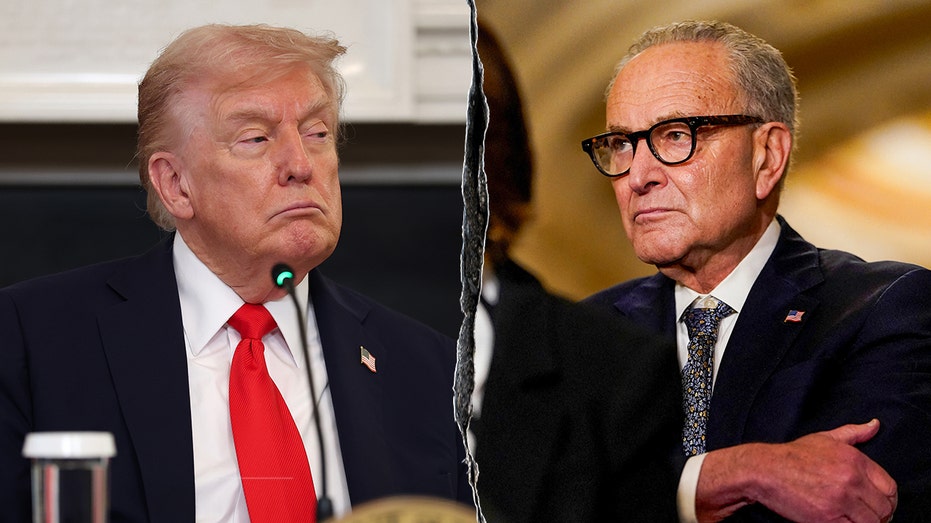
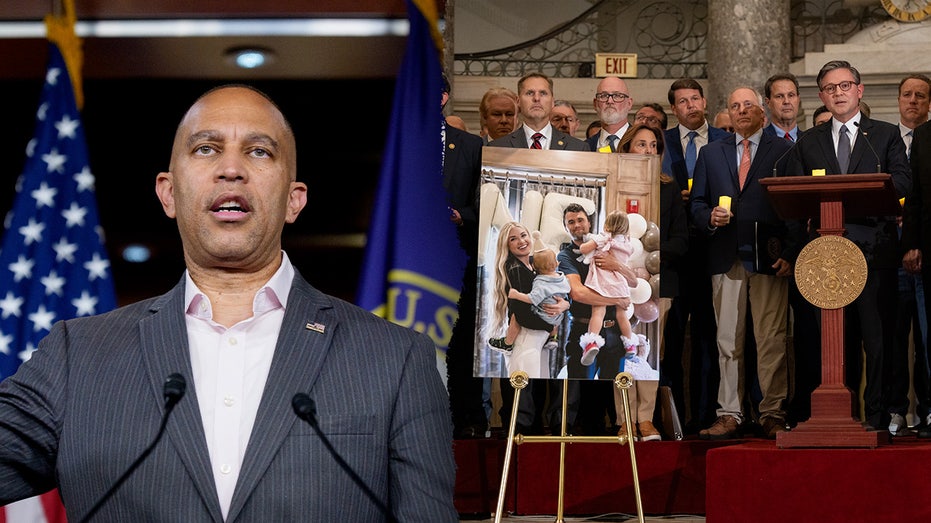

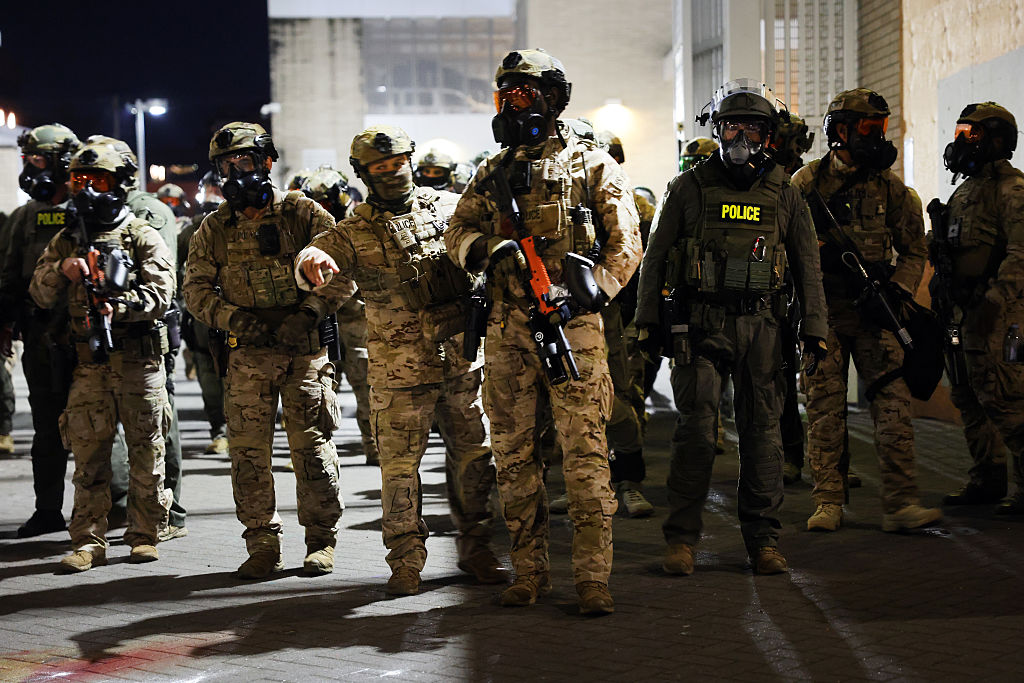

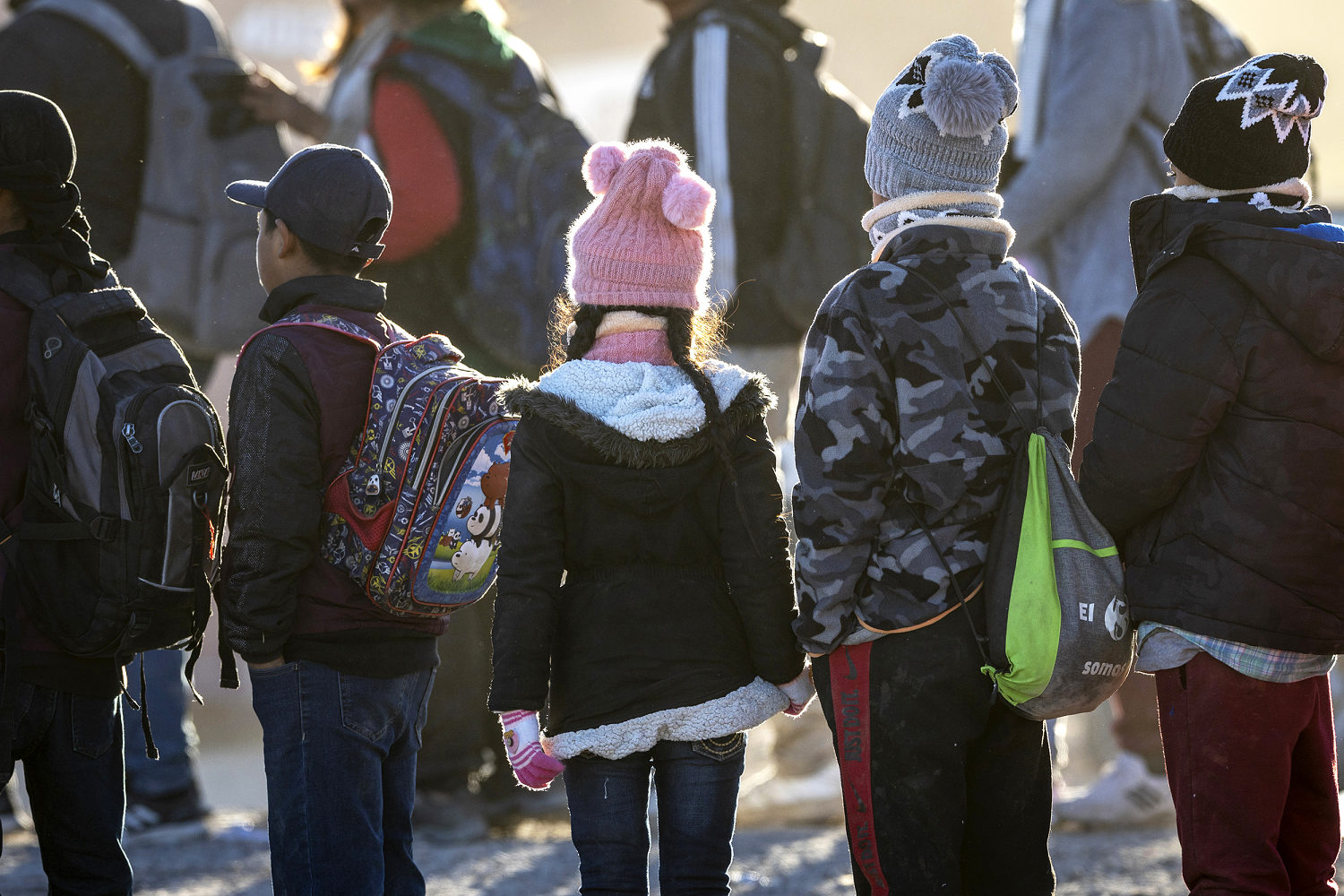

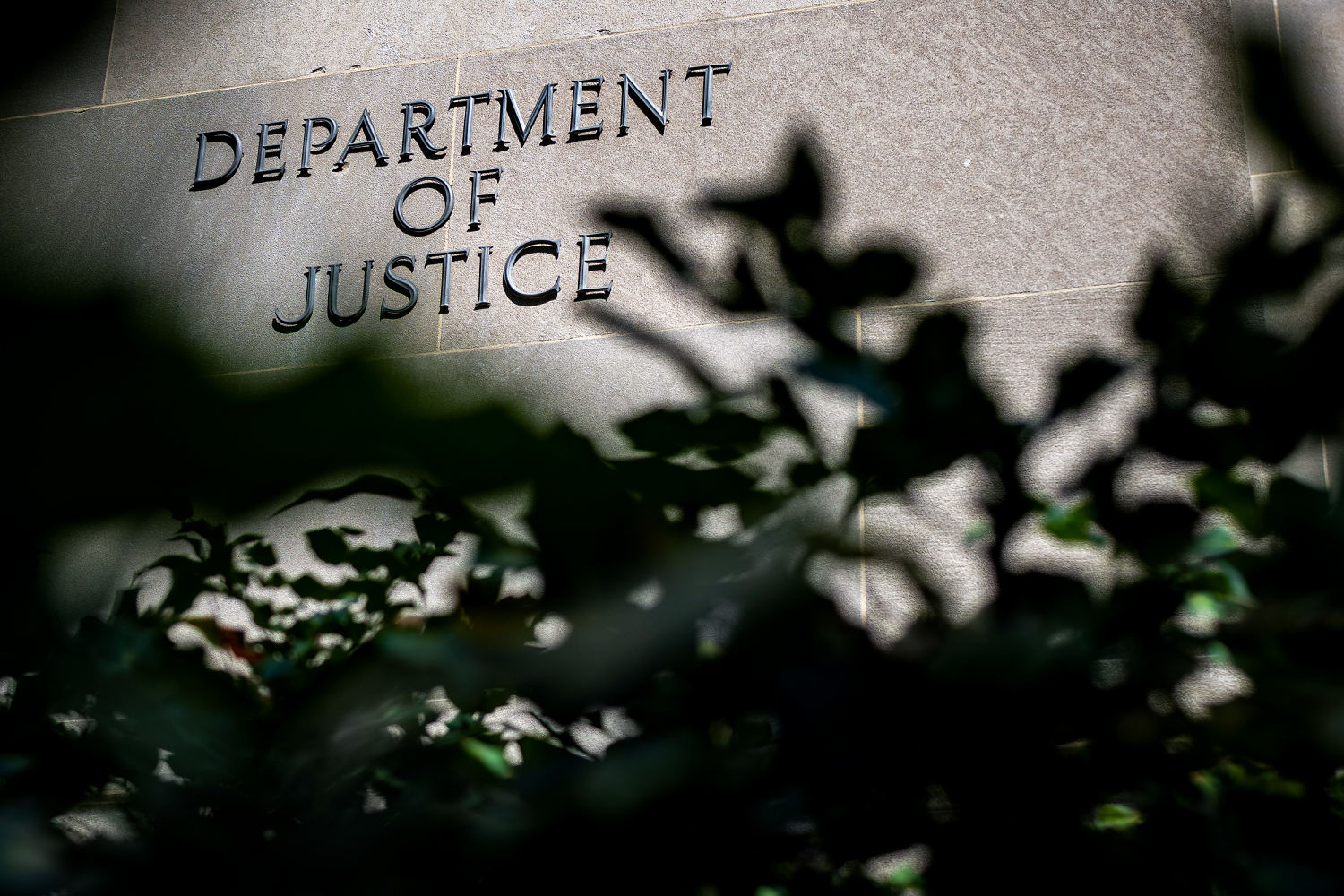

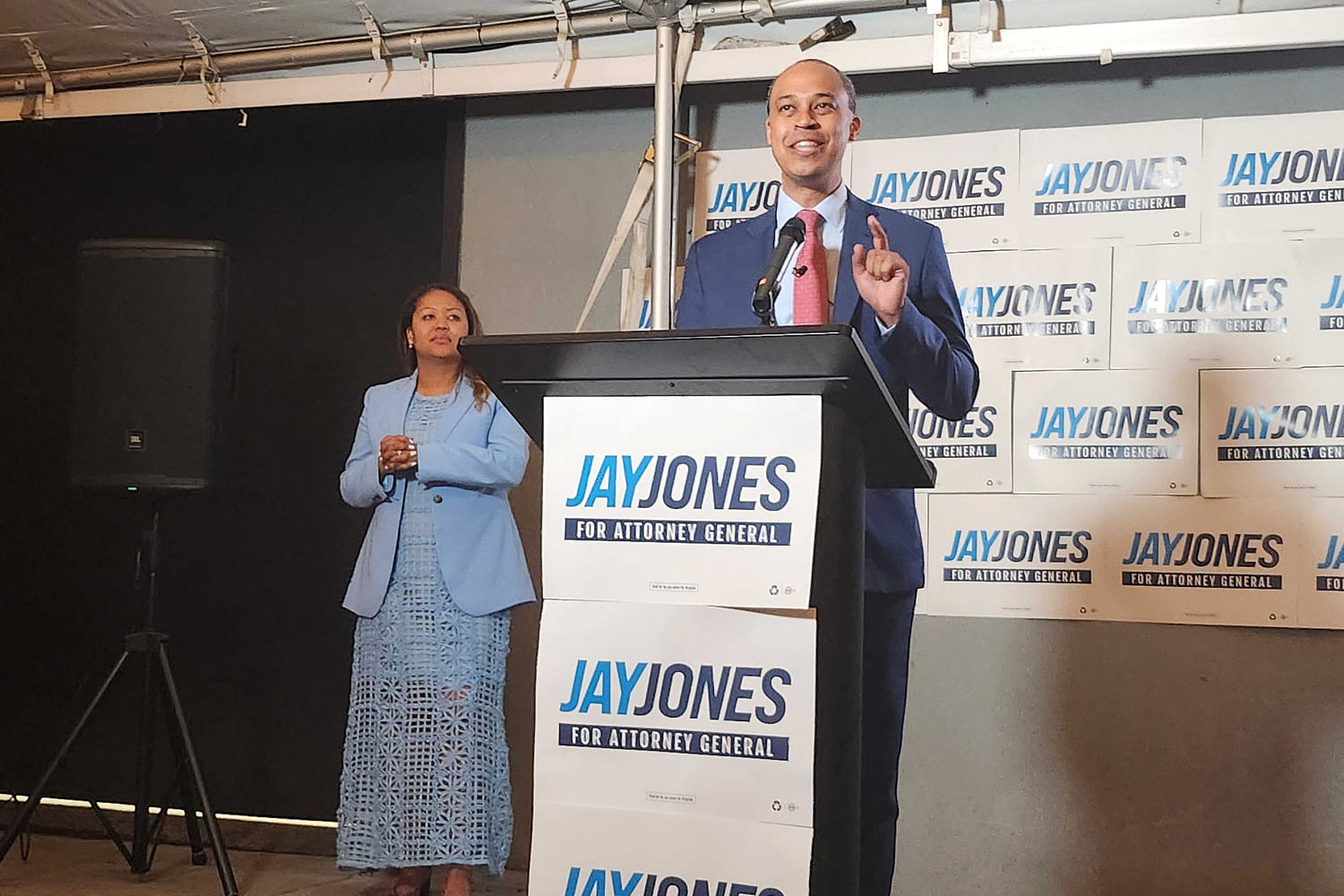


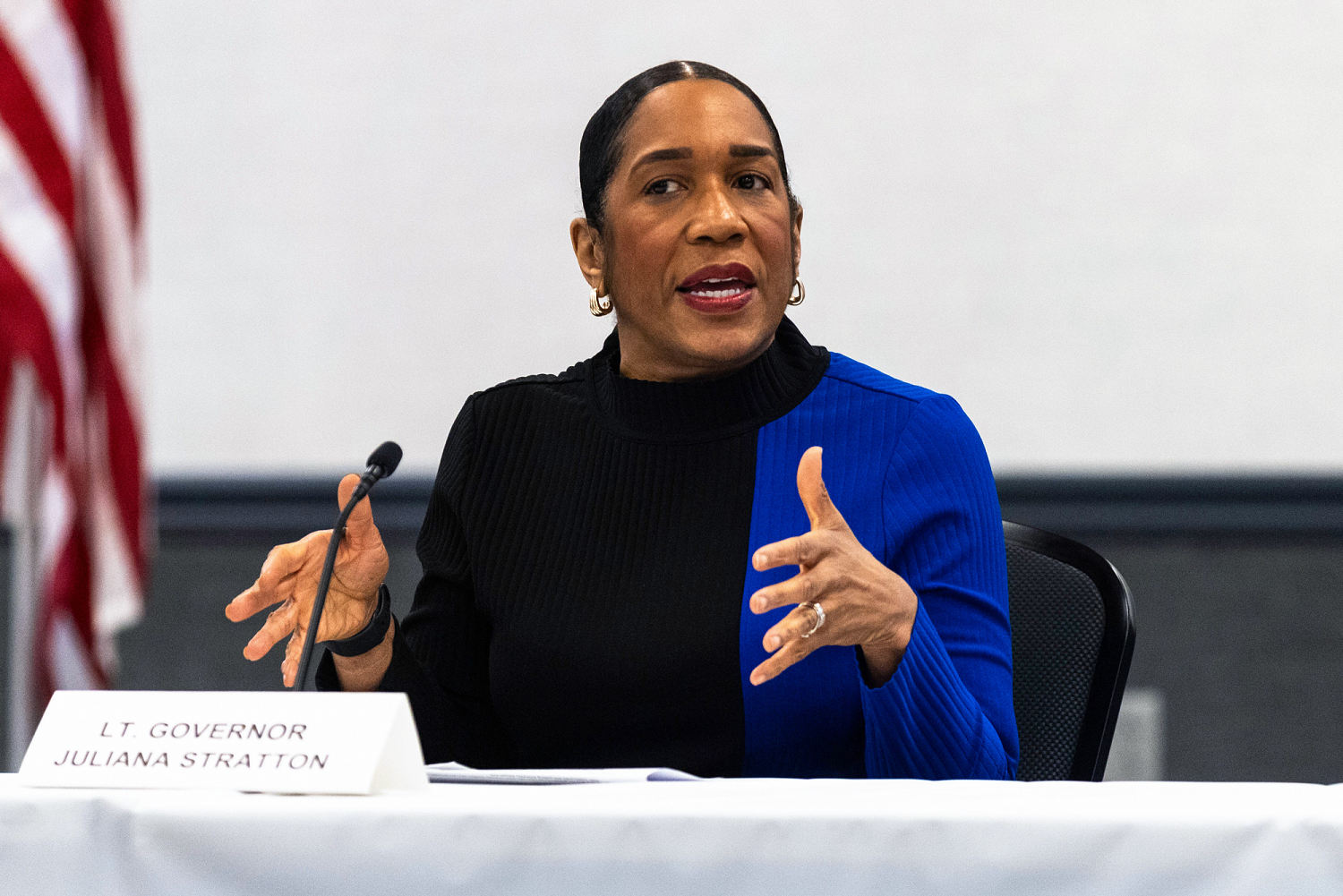
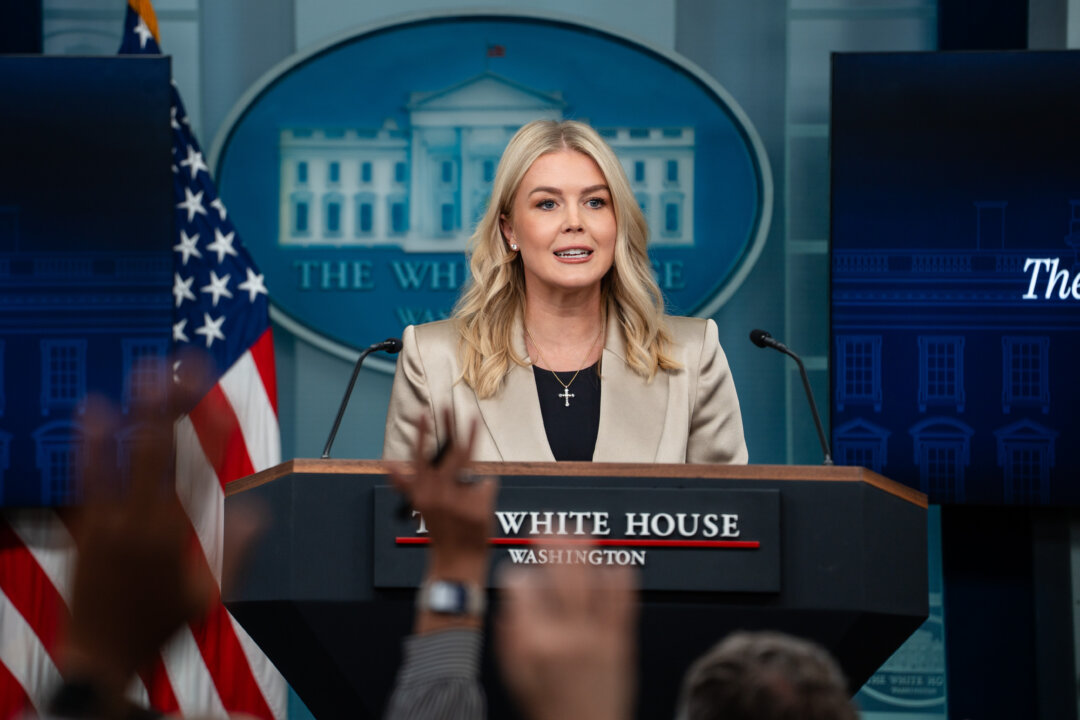
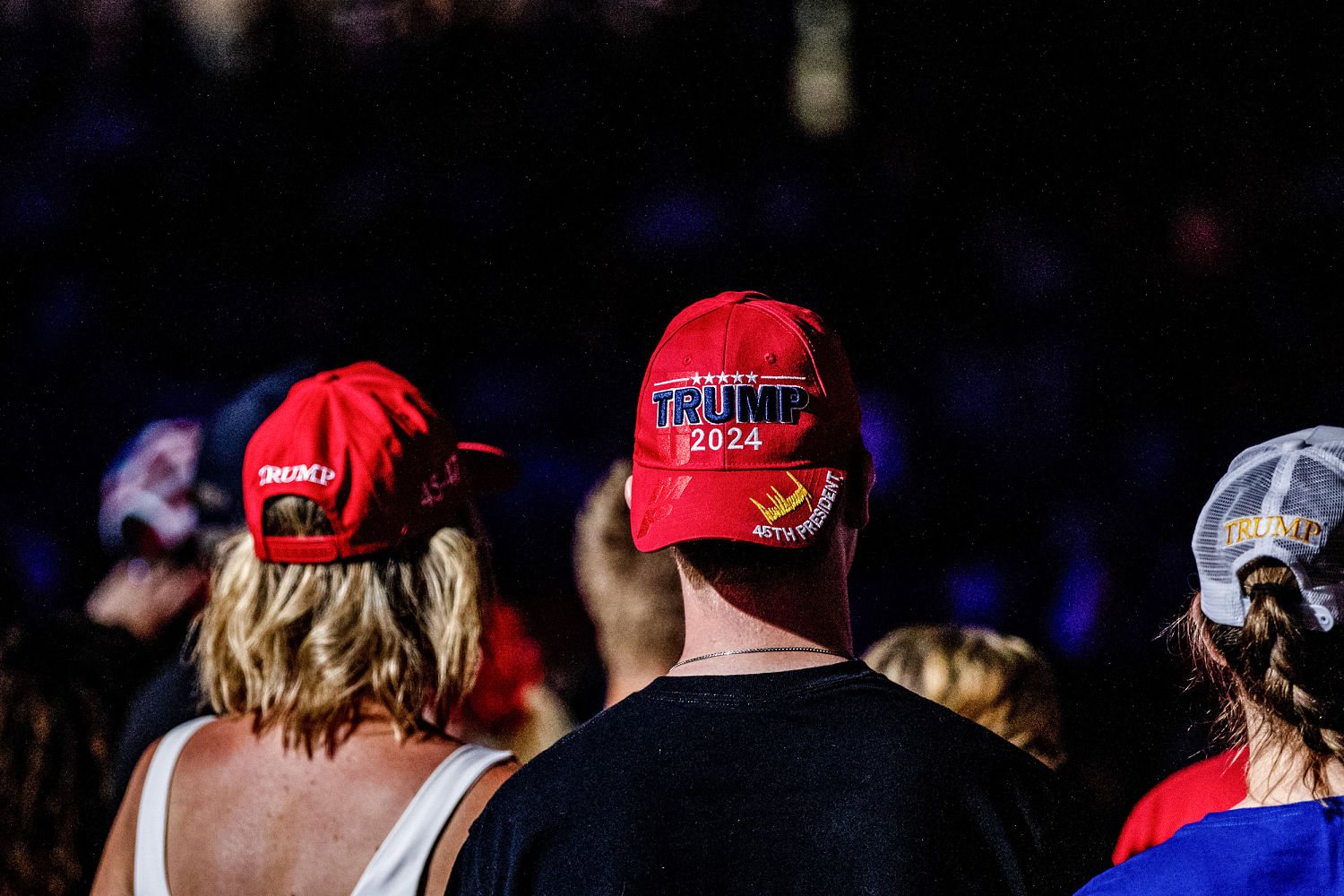
 English (US)
English (US)